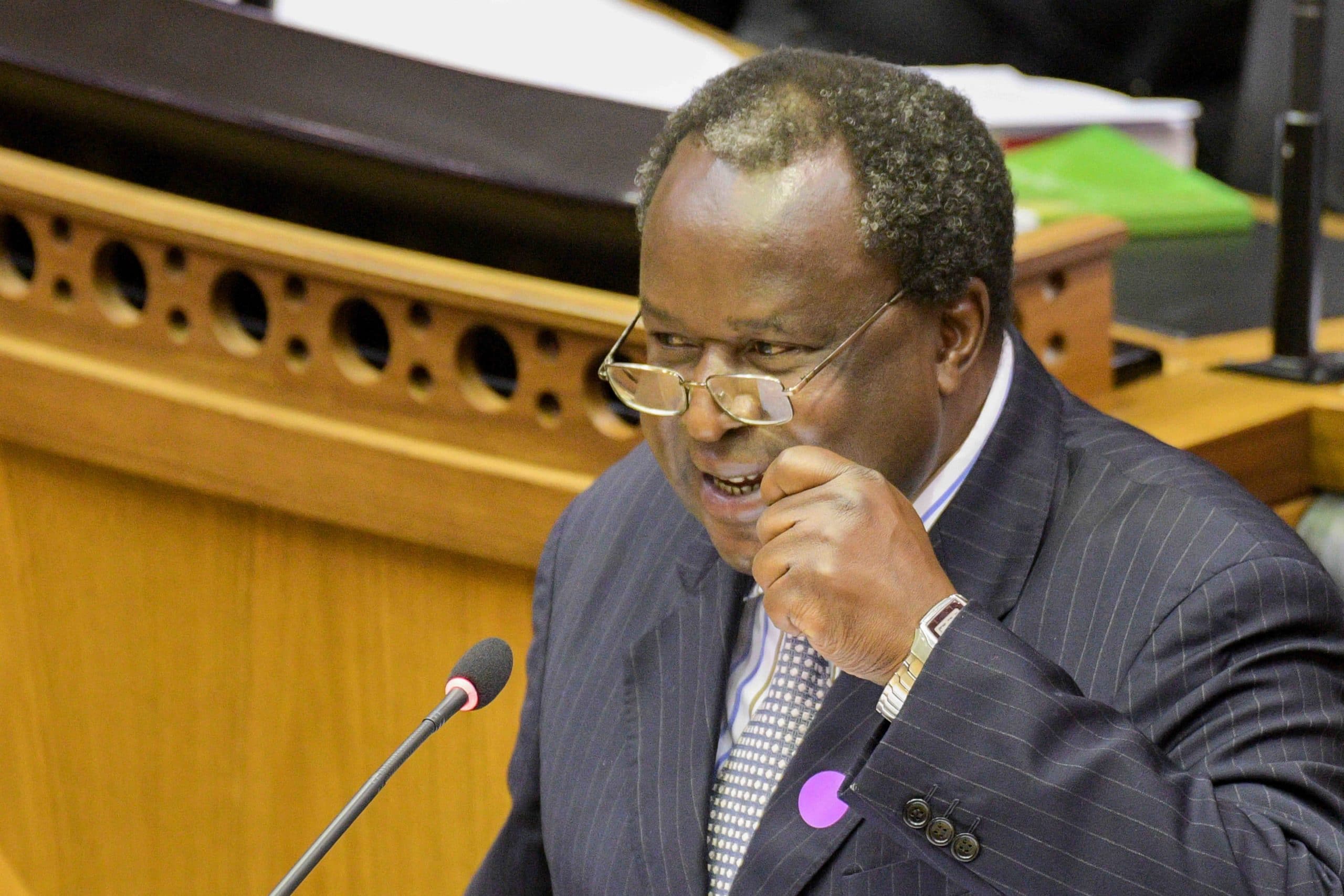Topline: After what has been one of the most difficult years in history, the highlights of South African finance minister Tito Mboweni’s annual Budget Speech today.
Key Facts
- Economy expected to grow by 3.3% in 2021.
- The budget deficit has been revised to 14% of GDP in 2020/21 in response to the spending and economic pressures of the COVID-19 pandemic.
- Gross debt has increased from 65.6% to 80.3% of GDP for the year 2020/21.
- To support economic recovery, government will not raise any additional tax revenue in this budget.
- The government has set aside more than R10 billion for the purchase and delivery of vaccines over the next two years.
- Mboweni said taxpayers would not have to pay more as no new taxes will be introduced to fund vaccines.
- Moreover, the minister said: “We increase the contingency reserve from R5 billion to R12 billion to make provision for the further purchase of vaccines and to cater for other emergencies.”
- In addition to looking at vaccines, there is also a provisional allocation totaling R11 billion for the public employment initiative. Mboweni said with this he hopes to create another 180,000 jobs by March, to add to the temporary 430,000 jobs.
- Small businesses felt the brunt of the pandemic during the year. The Department of Small Business Development has allocated R4 billion over the medium term to the township and rural enterprises, including blended finance initiatives.
- The tourism sector in the country also tanked quite a bit due to travel restrictions, thus why the Department of Tourism has reprioritized R540 million over the medium term to establish the Tourism Equity Fund (TEF) as one of the measures to support the tourism sector recovery. The fund will acquire equity stakes in existing tourism enterprises, support expansion of operations and development of new operations.
Crucial Quote
Mboweni made it clear that South Africa is deeper in debt than they have ever been. He further told members in parliament to note that the “government is not swimming in cash”.
“…our assessment from the Supplementary Budget in June last year still stands: our public finances are dangerously overstretched. Our borrowing requirement will remain well above R500 billion in each year of the medium-term despite the modest improvements in our fiscal position. Consequently, gross loan debt will increase from R3.95 trillion in the current fiscal year to R5.2 trillion in 2023/24.”
Mboweni stated further that the country owes “a lot of people a lot of money”.
